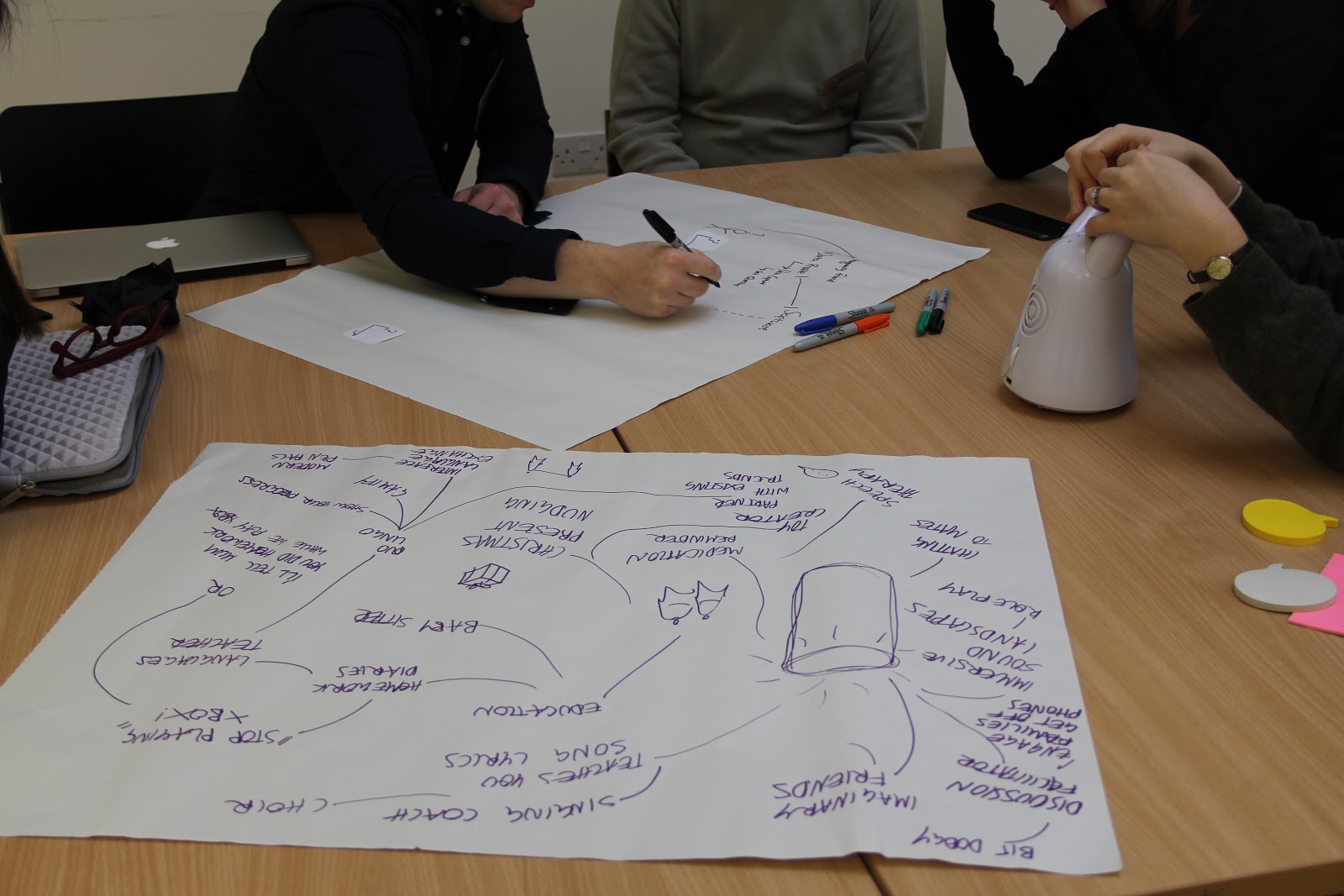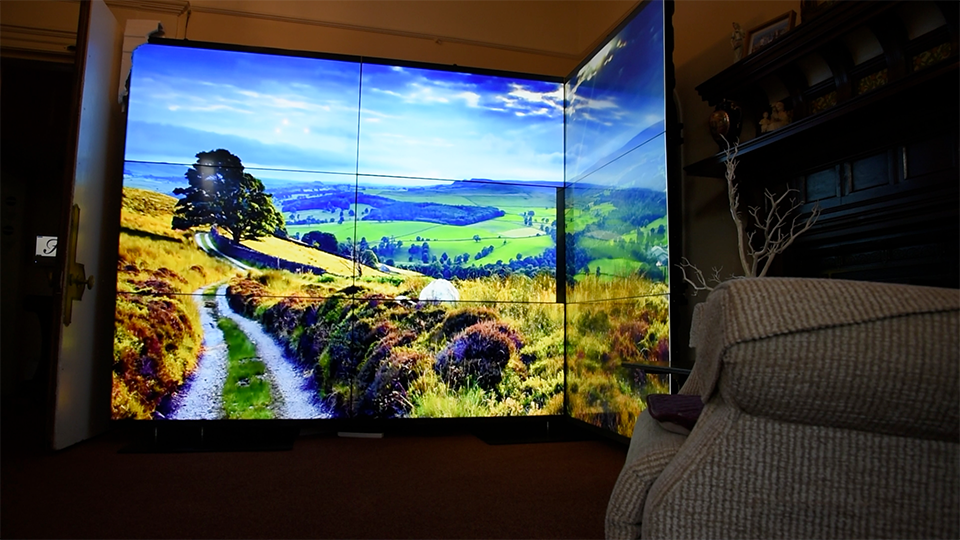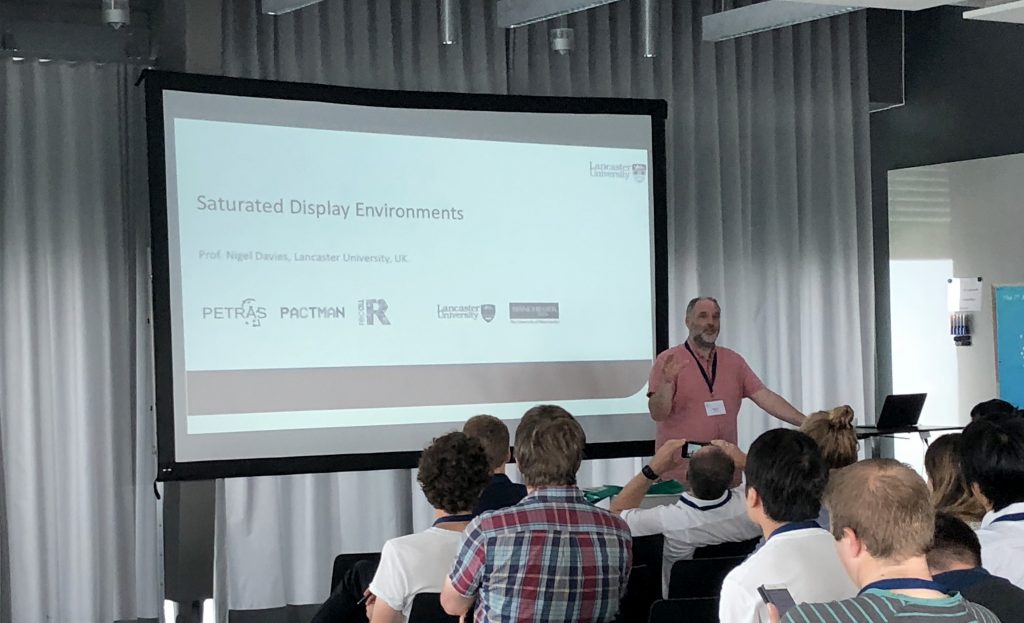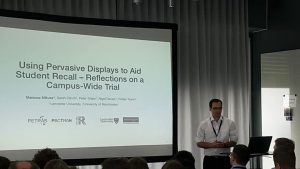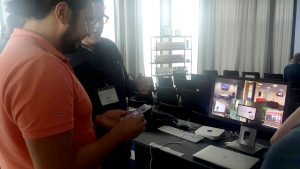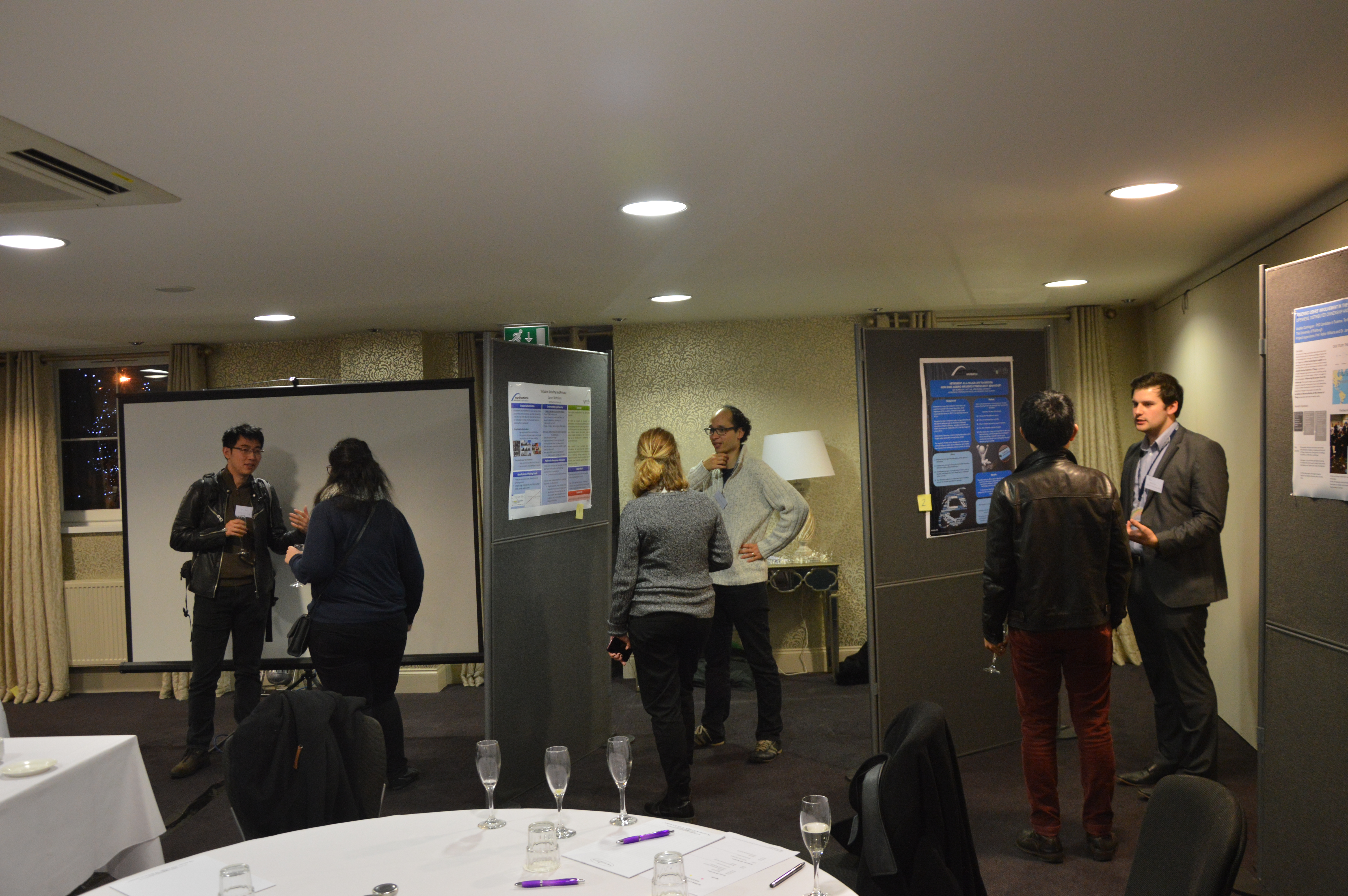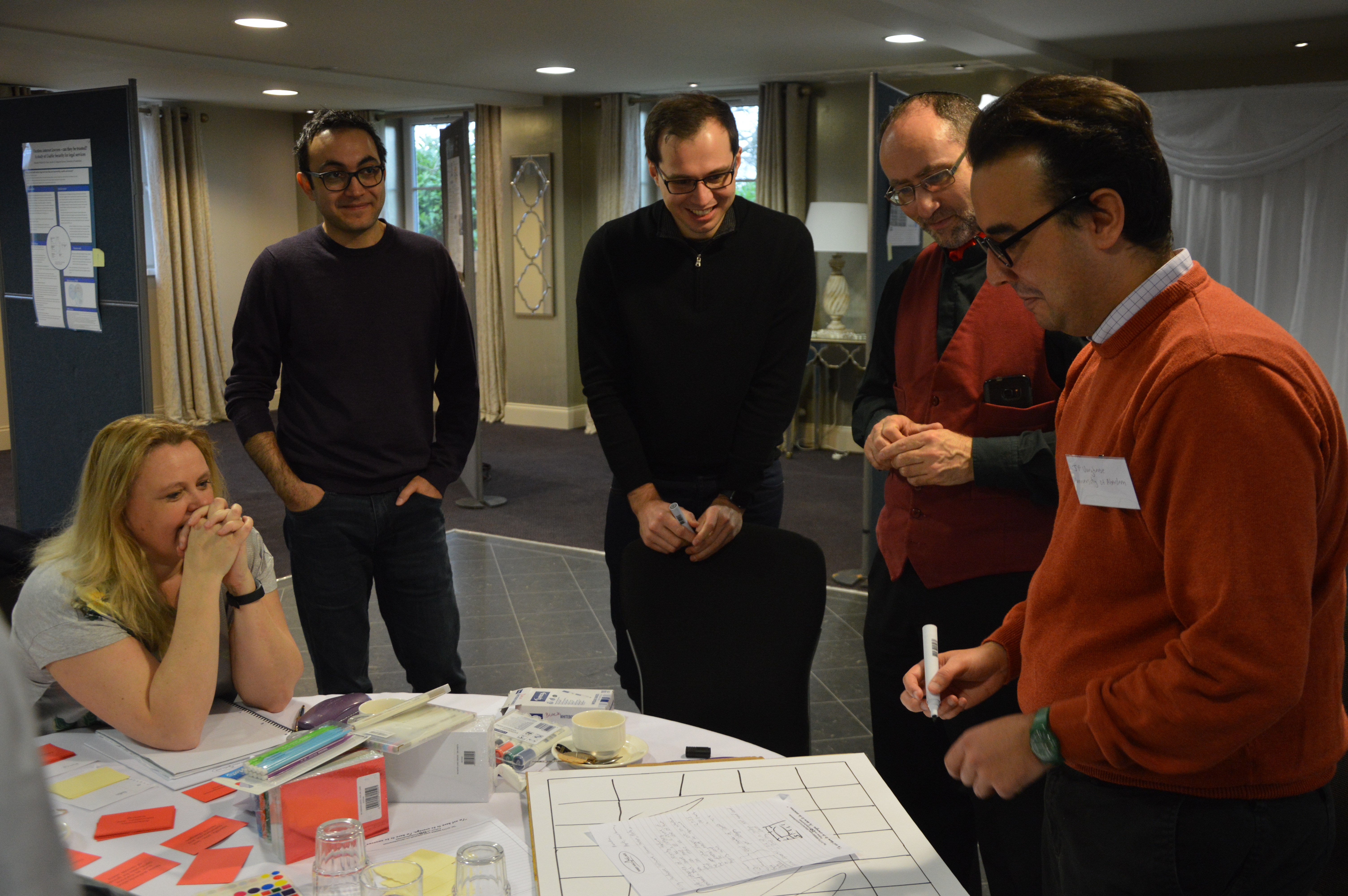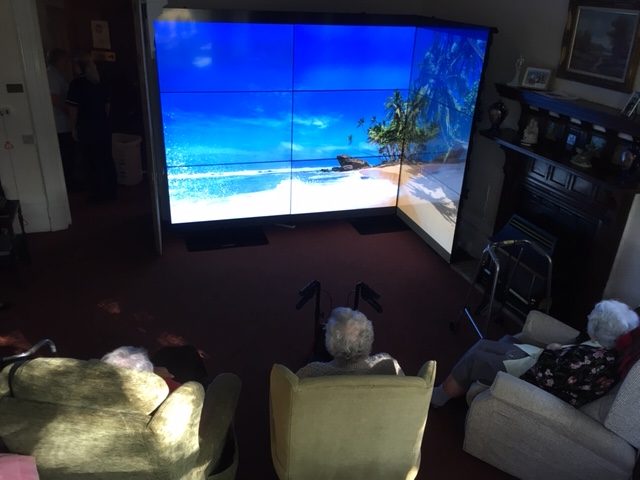The PACTMAN members from Edinburgh have now hosted the second networking and development event for PhD students and early career researchers working in the TIPS (Trust, Identity, Privacy, and Security) space. The symposium was held at the Dovecot Studios in the heart of Edinburgh in early December. Dovecot Studios is a landmark centre for contemporary art, craft and design offering stunning studio spaces used for the symposium and various workshops.
The 2-day event offered keynote speakers and multiple workshops from members of the TIPS community, and poster/demo sessions for the researchers to share their work with others, consisting of a diverse set of backgrounds and expertise.
The key areas and topics discussed over the various activities included:
- Privacy and designing for automated decisions
- Identity management for distributed services
- Voice controlled trust and security in the Internet of Things
- Social values in computing and ‘intelligence’ of AI
- Bias in system development and pervasive algorithms
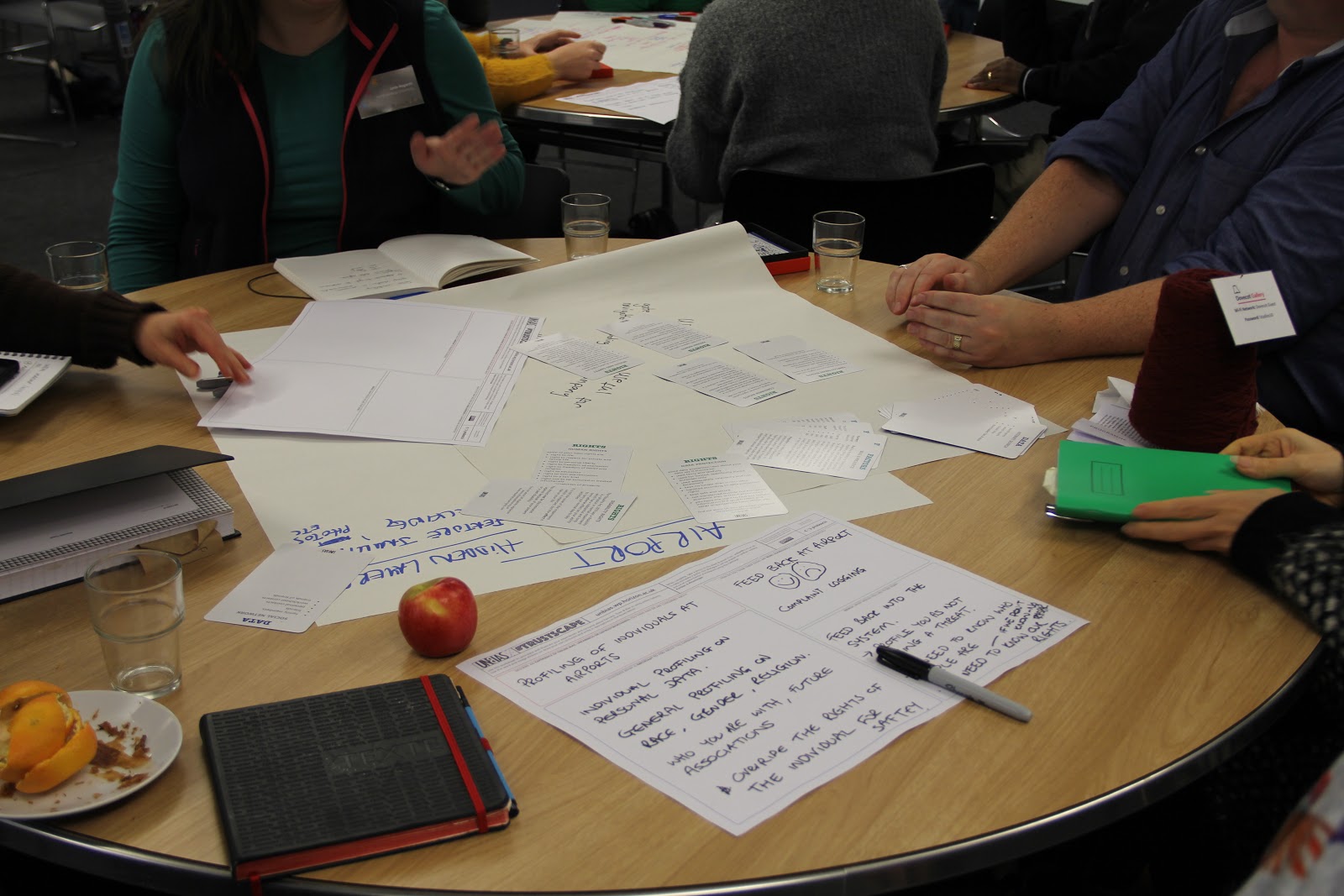
A total of 5 interactive workshops were held throughout the event convened by experts in designing for trust, security, and privacy.
PizzaBlock: A Blockchain Identity Management Workshop
Chris Elsden and Jonathan Rankin
Chris and Jonathan ran a design-led workshop around the premise of blockchain-based identity management in the form of a co-operative game, where participants were tasked to act as individuals or organisations acquiring, managing and verifying ‘pizza-making’ skills to each other through blockchain=based artefacts and a distributed ledger.
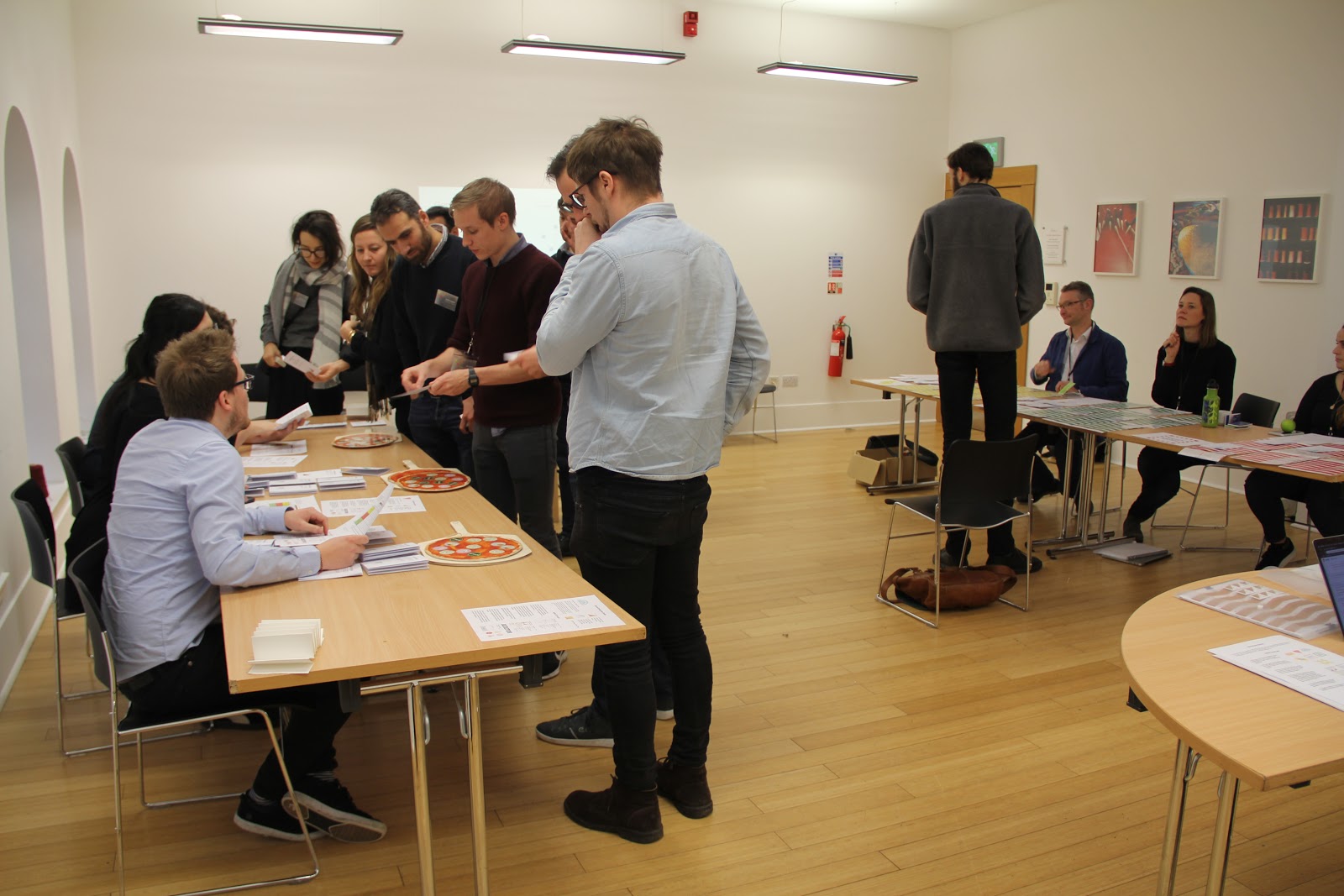
Alien AI and the Criterion of Intelligence
Maria Angela Ferrario and Stephen Forshaw
What would happen if Aliens landed on earth? And how can thinking about aliens help us think about AI? This workshop centred around the discussion what can be considered intelligence? What is the criteria we have now? What do we do with this alien called AI? More in a round table setting, discussions of participants quickly evolved around the distinction between intelligence and learning and how criteria can be applied in different environments.
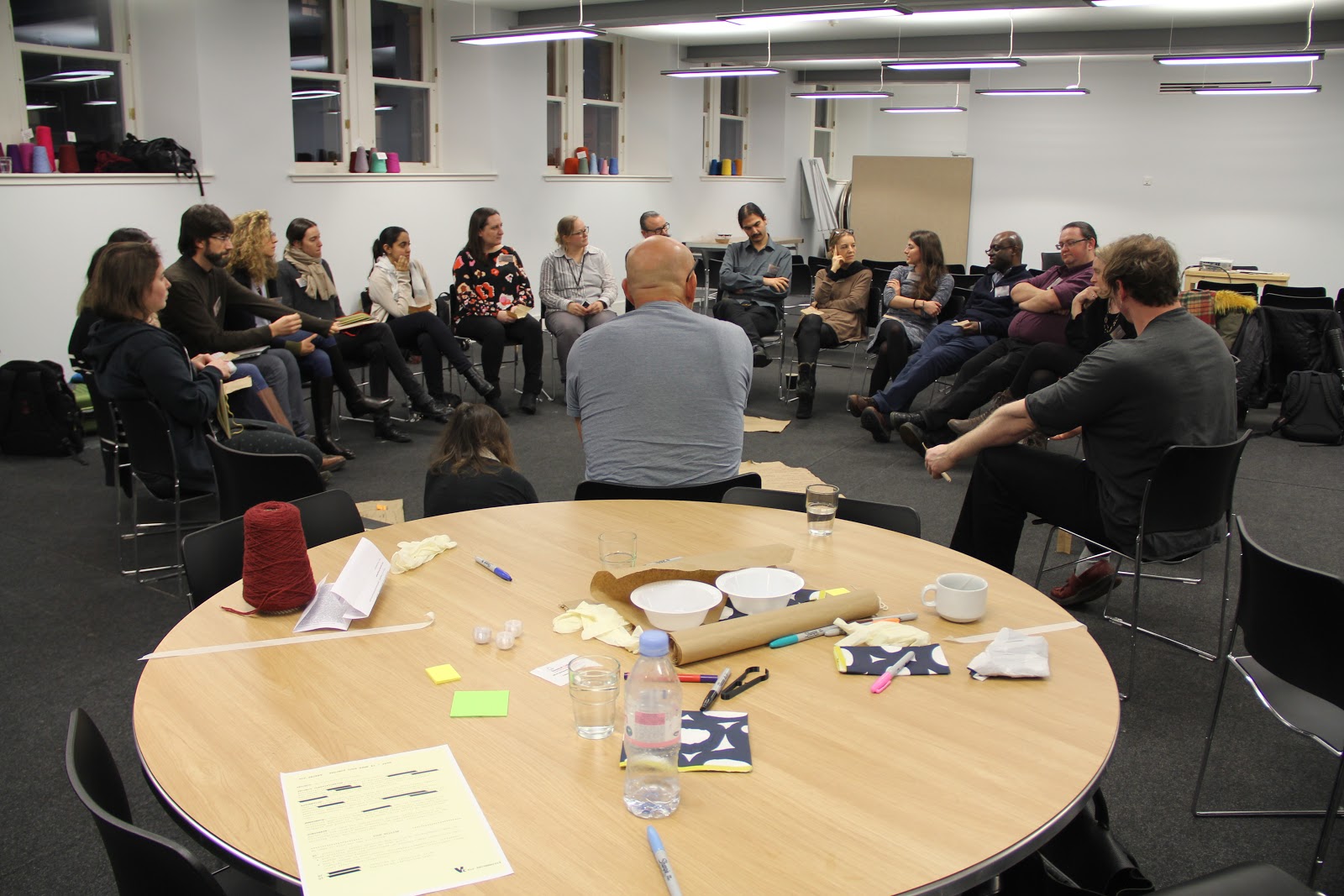
ParkLife
Simon Chapple, Morgan Currie, and Cat Magill
ParkLife project is a city-University collaborative initiative looking at new ways to use data and digital technologies to understand how parks are used and valued and to engage park users in shaping the future of parks. The workshop first introduced some of the city council and research partners and their aims, goals and perspectives on it. After this, participants formed groups that explored how technologies such as sensor networks could be of use for ParkLife. Heated discussions occurred with the question around data protection and GDPR compliance as well as what could be done with different technologies. Should there be a count of how many people enter and leave the park? Could gaze recognition help identify who is using the park in what way and how mobile are they? Can there be an app that supports visitors and residents alike making the most of Edinburgs’ parks? How can these technologies be future-proof?
Unbias: Exploring Fairness in Pervasive Environments
Giles Lane
During the UNbias workshop, participants were introduced to the UnBias Fairness Toolkit, including a booklet and and a set of awareness cards. After a short introduction into the toolkit, the participants were divided into groups and given different topics. The topics focused on contemporary developments of the introduction and use of algorithmic systems in public spaces, e.g. for transportation or administrative tasks. The cards were great tool to build awareness of how bias and unfairness can occur in these areas and how they can be amplified or even new ones can be introduced by algorithmic systems. After the groups completed their tasks, a group discussion followed. The discussion brought together critical perspectives from a variety of research and engagement angles.
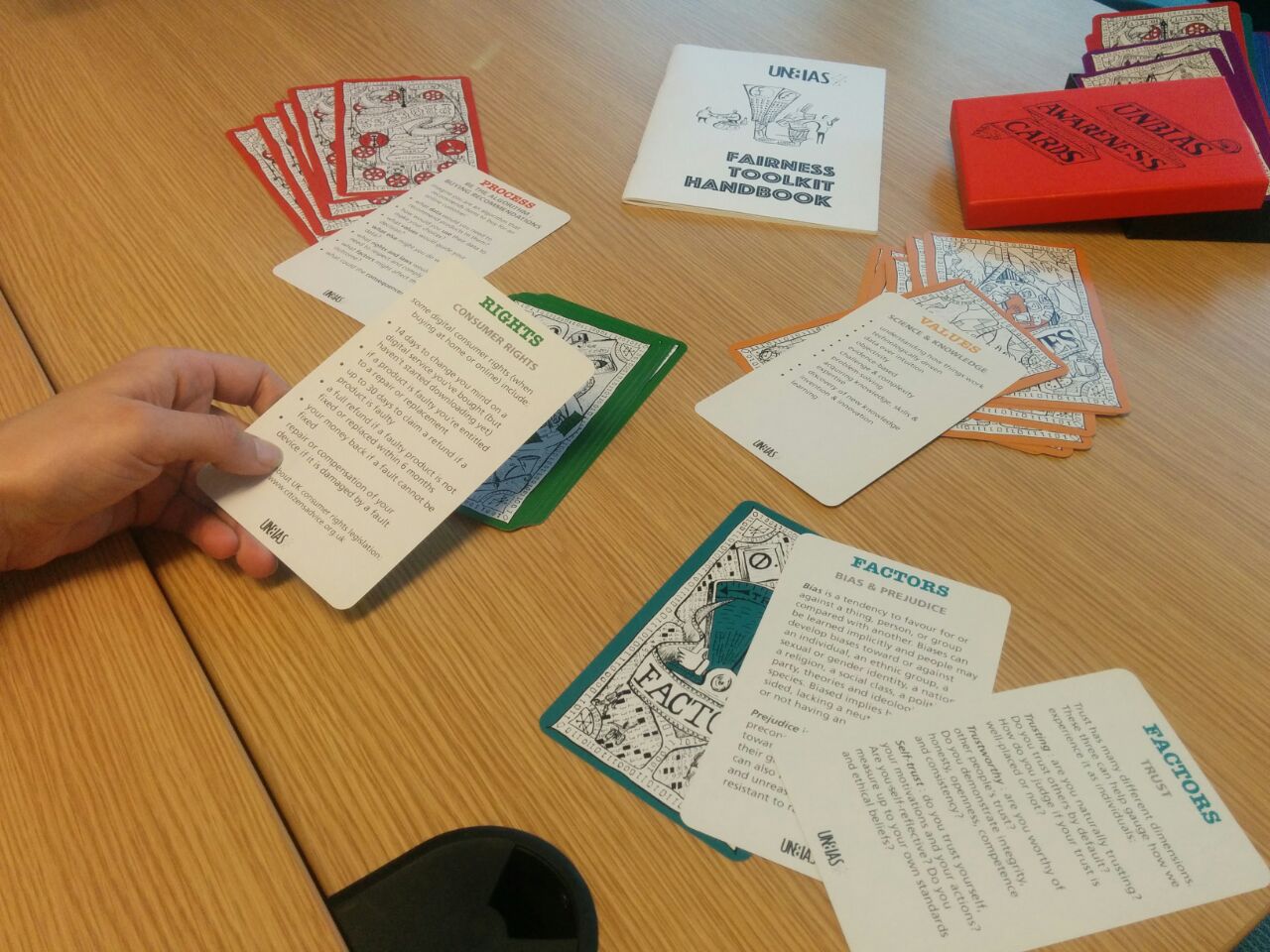
Trust me! I’m a Talking Donkey
Joseph Lindley, Adrian Gradinar, Paul Coulton
Smart devices and IoT are becoming more and more embedded into our daily lives. With the added convenience, issues around trust and consent are often not at the forefront when designing and developing those devices and their interfaces. In this workshop, the conveners used design fiction to help participants imagining and speculating about new scenarios and constellations of voice-controlled IoT devices: prayer companion, invisible friends and talking pharmacies.
